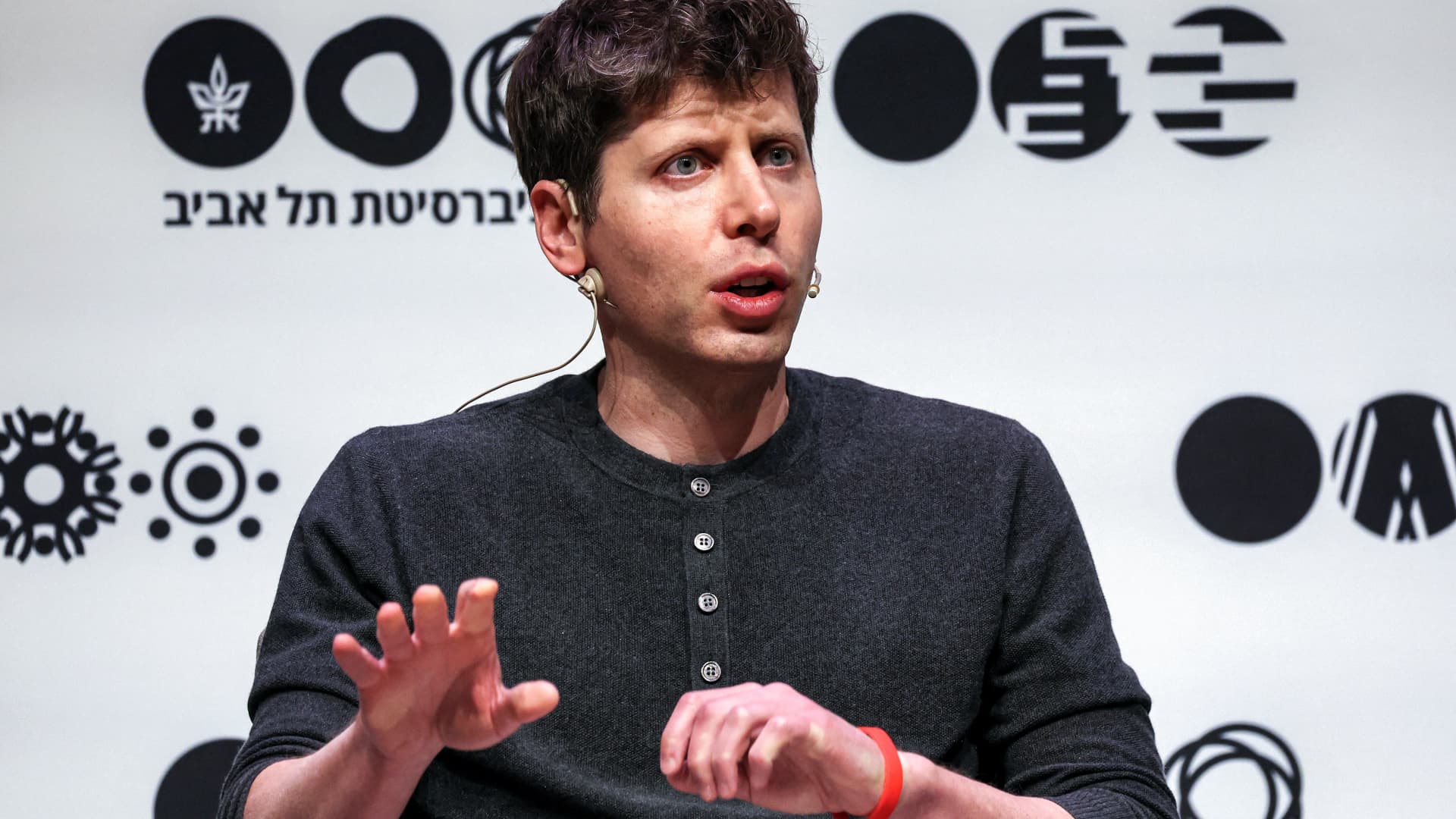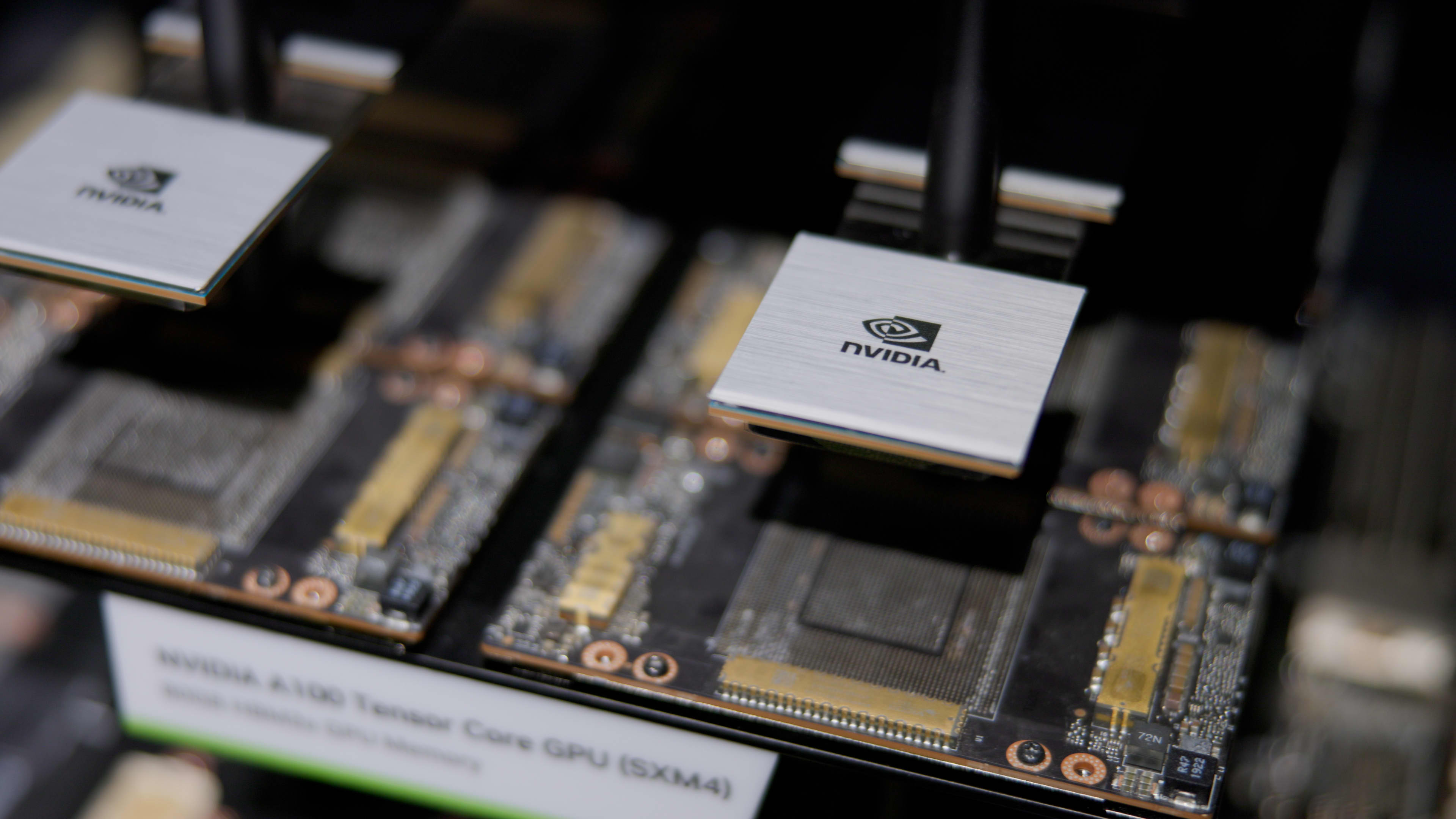The world is clamoring for artificial intelligence and the market will deliver, said OpenAI CEO Sam Altman on Tuesday on the Singapore stop of his world tour.
“We’ve got sophisticated enough languages and also powerful enough computers that we could make AI bigger and bigger and bigger,” Altman told business founders, tech executives, and the general public at the Singapore Management University.
related investing news
“We’re going to make models more efficient. We’re going to make way more chips. I think this is clearly what the world wants and the market will deliver.”
OpenAI is the maker of ChatGPT — the AI chatbot which has gone viral for its ability to generate humanlike responses to users’ prompts. Just two months after its launch, it had hit 100 million users.
But the cost of training and “inference” — actually running — large language models like ChatGPT is significant. As such, Altman said that the company was focussing on making AI as affordable as possible.
“We want to drive the cost of intelligence down and down and down. We want to make this stuff so cheap you don’t have to think about [it],” he said. OpenAI has cut inference costs by 10 times once every three or so months by 10x, according to Altman.
“We plan to continue to have big cuts in the future. We have to keep making research breakthroughs to be able to do that,” he added.
Last week, as interest in AI continues to grow, the tech leader visited India, China, South Korea and Japan for conferences and meetings.
At an industry forum hosted online by the Beijing Academy of Artificial Intelligence on Saturday, Altman said that China should take the lead in AI regulation and that the country ”has some of the best AI talent in the world.”
On Friday, he met with South Korean President Yoon Suk Yeol and urged South Korea to lead AI chip production. South Korean chip makers Samsung and SK Hynix have been leading the country’s ambitious push into semiconductor research and production.
Altman and other tech leaders recently warned in an open letter that AI poses a human extinction risk on par with nuclear war and stressed that reducing the risks associated with the technology should be a global priority.



